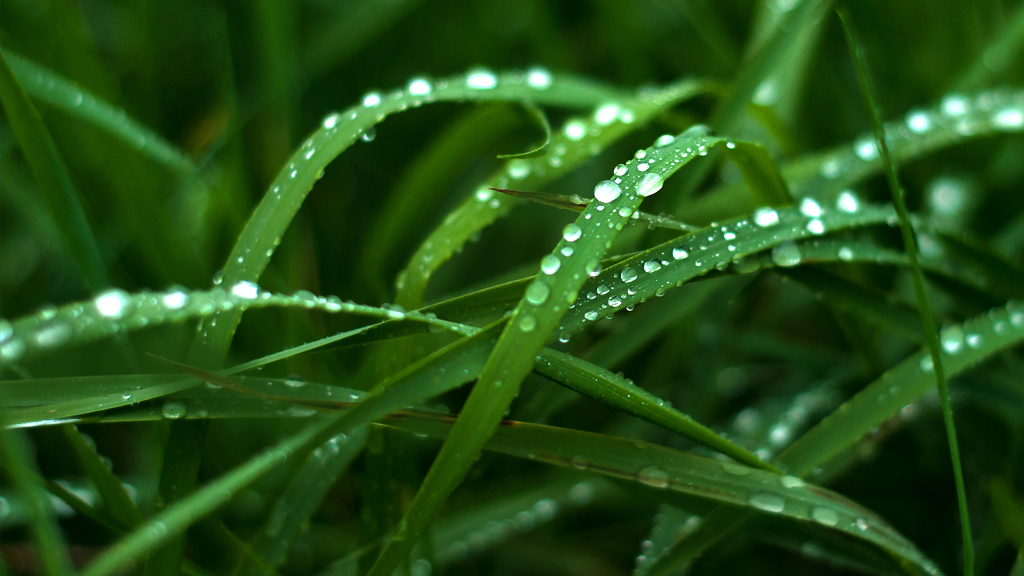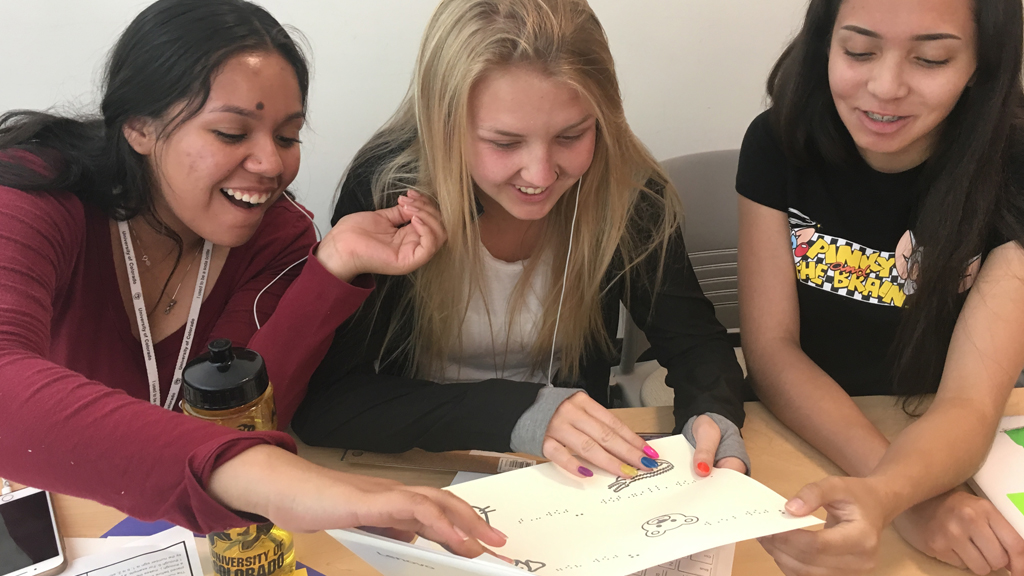Archive: Lab Safety Considerations for Back to School, August 31, 2020
This interactive web seminar will begin with an overview and framing of safety protocols specific for science/STEM laboratory considerations with Dr. Ken Roy, NSTA and NSELA Safety Compliance Advisor/specialist and Dr. Kevin Doyle of Morris Hills Regional School District.
This interactive web seminar will begin with an overview and framing of safety protocols specific for science/STEM laboratory considerations with Dr. Ken Roy, NSTA and NSELA Safety Compliance Advisor/specialist and Dr. Kevin Doyle of Morris Hills Regional School District.
This interactive web seminar will begin with an overview and framing of safety protocols specific for science/STEM laboratory considerations with Dr. Ken Roy, NSTA and NSELA Safety Compliance Advisor/specialist and Dr. Kevin Doyle of Morris Hills Regional School District.
This interactive web seminar will begin with an overview and framing of safety protocols specific for science/STEM laboratory considerations with Dr. Ken Roy, NSTA and NSELA Safety Compliance Advisor/specialist and Dr. Kevin Doyle of Morris Hills Regional School District.






